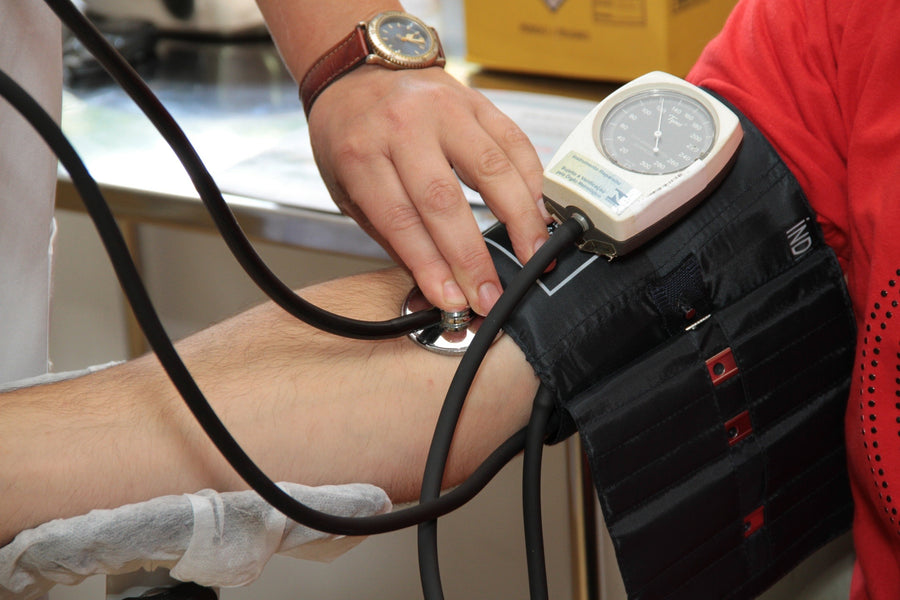
I am a believer in taking vitamin D supplements, but at the present time I am being cautious on my dosages until we learn more. At the recent natural medicine conference I attended, many of the lecturers were promoting routine vitamin D testing for every adult, and even children. I take issue with this for several reasons which I discuss below. For a detailed review, see my writings at http://www.raysahelian.com/vitamind.html where I discuss the benefits and potential harm with excess supplementation.
Different labs that test for levels may provide different results. For instance, the same blood sample sent to different labs may show results that could vary as much as 20 percent or more.
The same person is likely to have a different vitamin D level at different times or seasons of the year.
There is no consensus by the medical community regarding the ideal blood level of this vitamin. Therefore, what's the point of testing since we don't know how much to give to achieve an ideal level? At the conference I had a chance to talk to many doctors and asked them a hypothetical question regarding how much vitamin D they would prescribe to a patient with a level of 40 ng/ml, a level considered low normal. The range of responses was from 0 iu to 10,000 iu. Yes, one doctor did not feel any additional supplementation was necessary whereas another doctor thought 10,000 units was appropriate and would do no harm. The other eight gave numbers ranging from 400 to 5000 units. This clearly shows that there are no standards for such supplementation in clinical practice at this time. So, what is the point of testing since we have no idea on how much to give once we see results of the blood level tests. Why not just give everyone 400 to 2000 units a day based on their sun exposure and dietary history and thus avoid expensive testing? Many doctors who suggest routine and frequent testing for everyone act as if funds available to spend for health care have no limits. Unless a person has an unusual medical condition or diet where blood vitamin D levels are suspected to be too low or too high, blood testing does not give us much of a clue on exactly how much to supplement. I think the vast majority of people who don't have an unusual diet or serious and chronic medical condition just take 400 to 2000 units a day they should be fine and they don't have to worry about checking for vitamin D levels. Those who want to take more can try 3000 units a day.
There are hundreds of blood tests available to check levels of different vitamins, minerals, amino acids, hormones, cholesterol, various lipids, inflammation markers, liver function studies, kidney studies, etc., etc.. At some point one has to balance the costs and inconvenience of testing versus the potential benefits they provide. There is no proof at this time that vitamin D testing, and rechecking levels a few times a year, improves health or increases longevity. In the USA we already spend more than 7000 dollars a year per person for healthcare. Do we really need to add another few hundred dollars a year per person on regular vitamin D level testing and the doctor visits? I am cost conscious and practical in my approach. I think in this country we are going overboard in terms of testing, and for the amount of money we spend on diagnostic testing and health care we are not even close to being one of the healthiest nations on the planet. We do so many diagnostic tests in this country without knowing whether people are actually healthier or live longer as a result of the testing. The people who end up being better off are doctors and the those who own the labs.








